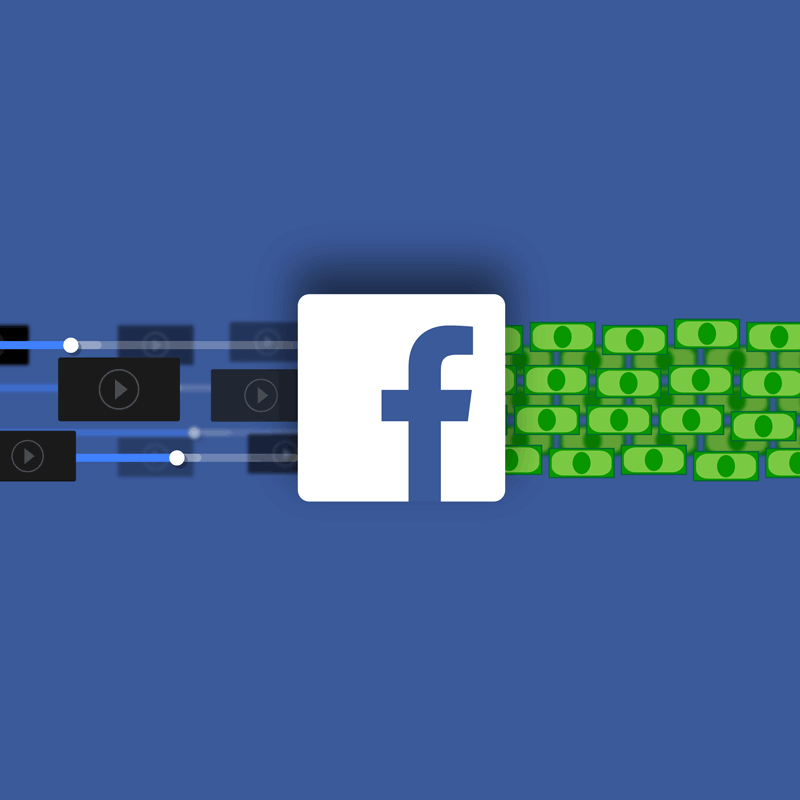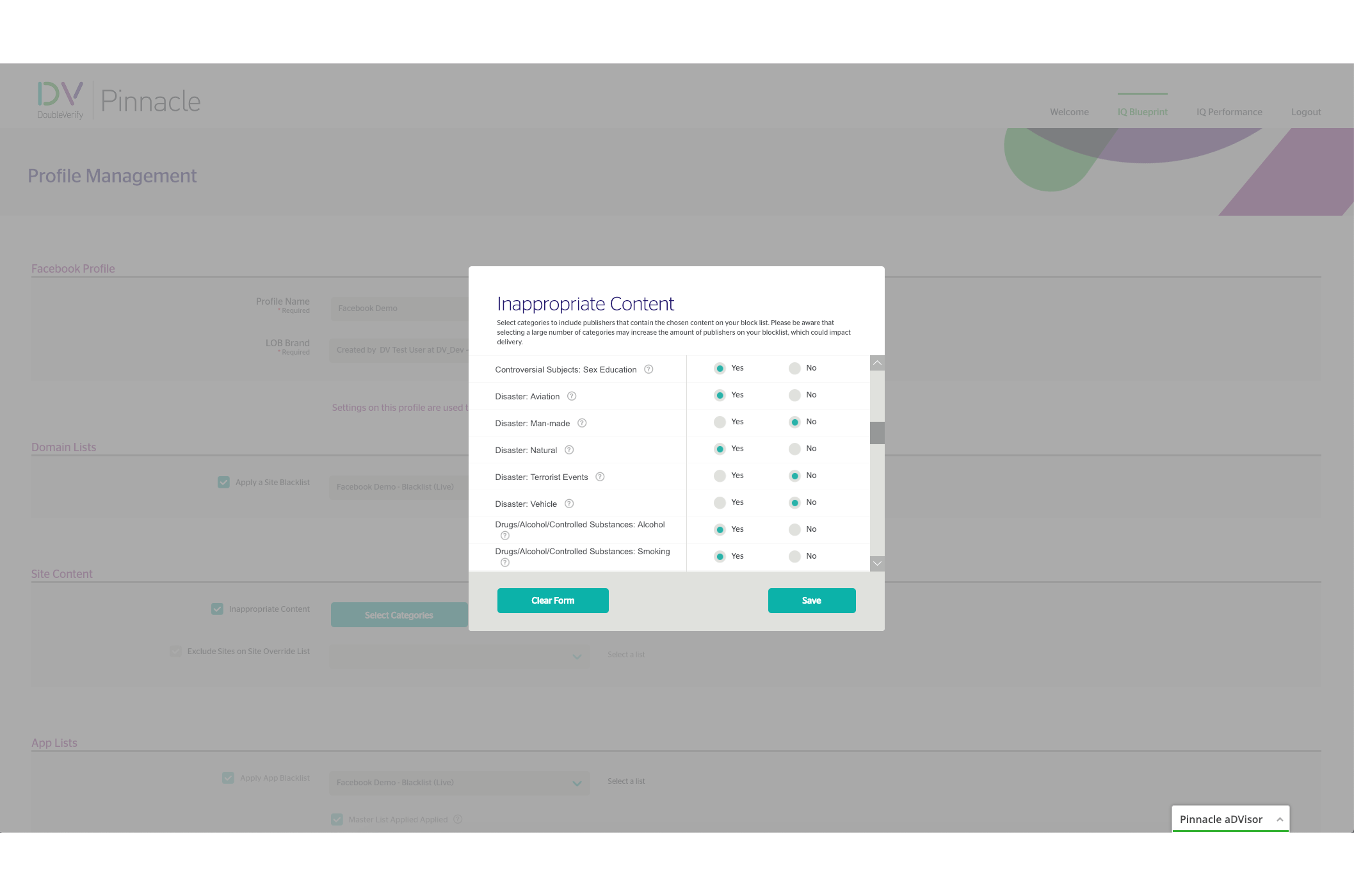
The social giant Facebook announced that it is launching a brand safety certification programs for Facebook Marketing Partners.
After a series of content policy updates and video metric problems, the company has long been frowned due to its inability in solving brand safety concerns. With the certification program, the company wants to create a safer environment for brands on Facebook.
Previously, the company had put brand safety controls for advertisers, by offering publisher lists and delivery reports listing about where their ads appear, as well as the ability to create block lists.
For many reasons, these were not enough, and advertisers asked for third-party solutions to help manage their brand safety on Facebook.
According to Facebook:
"Advertisers have also let us know that they want to work with third parties to manage their brand safety controls for Facebook campaigns."
The first companies to receive the certification are DoubleVerify, an ad measurement platform, and OpenSlate, a video content rating platform for marketers.
"So today, we’re announcing that DoubleVerify and OpenSlate are the first two companies to be certified in our new Brand Safety capability of the Facebook Marketing Partners (FMP) program," continued Facebook. "The capability recognizes companies offering proprietary solutions that can help Facebook advertisers review content options and control where their ads will appear."
DoubleVerify has been part of the Facebook Marketing Program since 2017, offering advertisers a measurement platform to track viewability and monitor ad fraud.
The company announced that its proprietary brand safety tool will work through a Facebook API to monitor Facebook in-stream video inventory, Instant Articles, as well as Audience Network content. DoubleVerify’s brand safety tool will also update its block lists daily and automate brand safety controls.
"Protecting brand reputation is critical for large digital advertisers. We share Facebook’s commitment to maintain a trusted and transparent marketplace, and we’re excited about this new initiative," said DoubleVerify CEO Wayne Gattinella.

As for OpenSlate’s brand safety tool, the company said that it will deliver “safety and suitability assessments” for 100 percent of Facebook’s in-stream ad-supported content, preemptively exclude brand-safety content via dynamic block lists, along with data and tools to automate Facebook’s block lists.
“The scale and diversity of monetized content on Facebook has grown exponentially on Facebook and so has the opportunity to build brands there. By extending our years of social video data science onto Facebook, we’re giving brands the critical third party data and tools to take advantage of the opportunity,” said OpenSlate CEO Mike Henry.
Just like DoubleVerify, OpenSlate’s tool will also update its block lists daily. The company further stated that it ingests and analyzes data about every video on all ad-supported Facebook Pages and updates that data daily.
What matters here is that Facebook is doing whatever it can to become friendly to advertisers. After a series of mishaps, including the Cambridge Analytica scandal, the company was having a bad year in 2018.
As Facebook is also trying to push more video to its users, especially after the company improves and expands its video viewing platform Watch, it's predicted that the social media giant will see even more videos circulating on its ad inventory.
Here, brand safety becomes even more crucial to advertisers.
Having access to third-party tools beyond Facebook’s controls offers marketers an added level of security to keep their brand away from abusive content that continues to plague the platform.